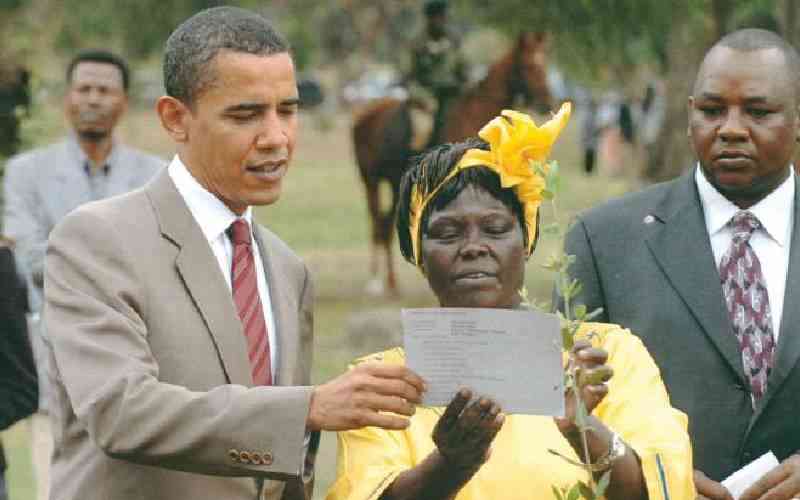×
The Standard e-Paper
Smart Minds Choose Us

Today, March 3, athletes of all ages and abilities gather in Nairobi's Karura Forest for the inaugural Wangari Maathai Marathon.
The race will include elite and recreational runners, as folks go through their paces at 5km, 10km, 21km, or 2km for children and the aged.